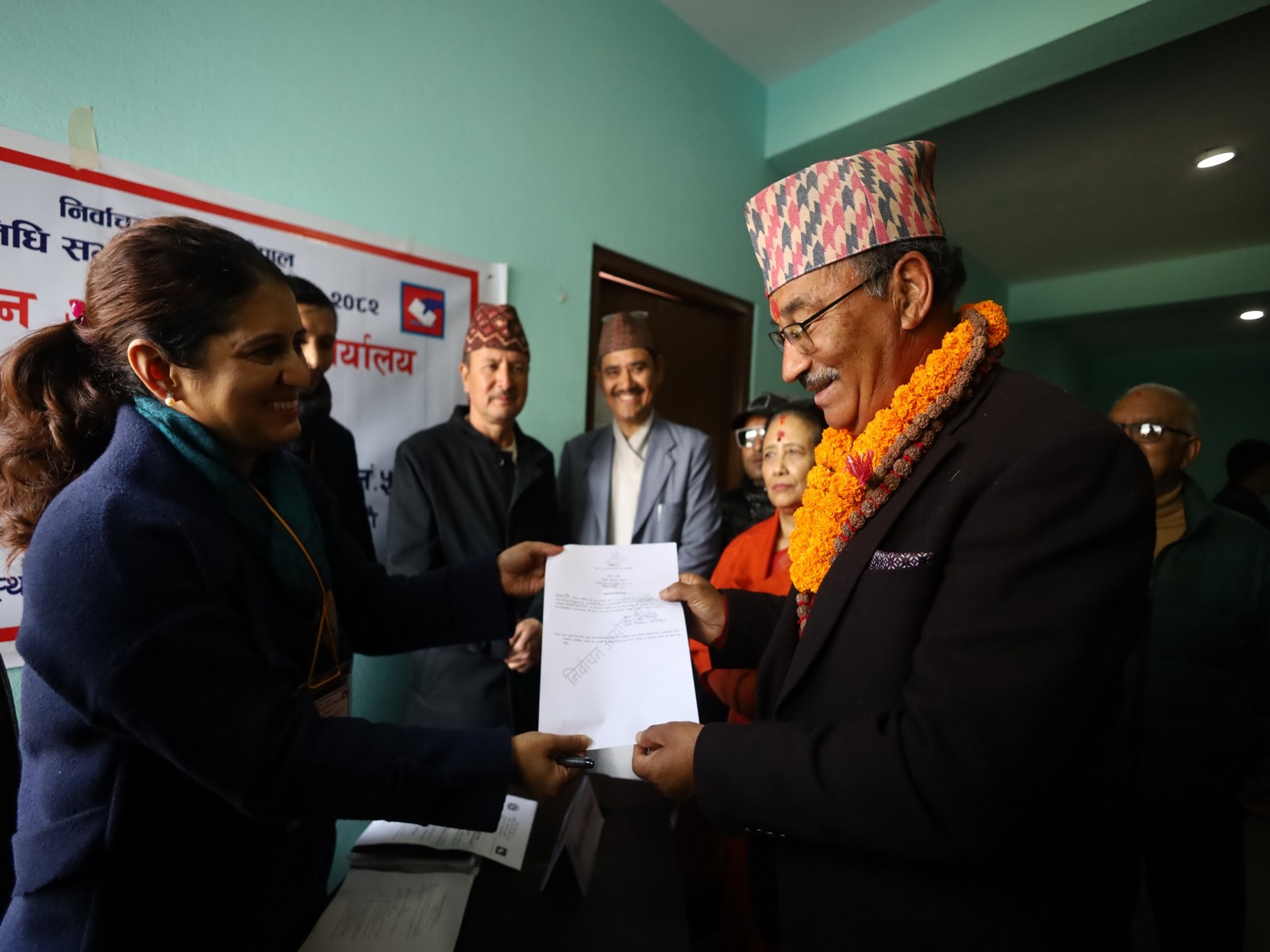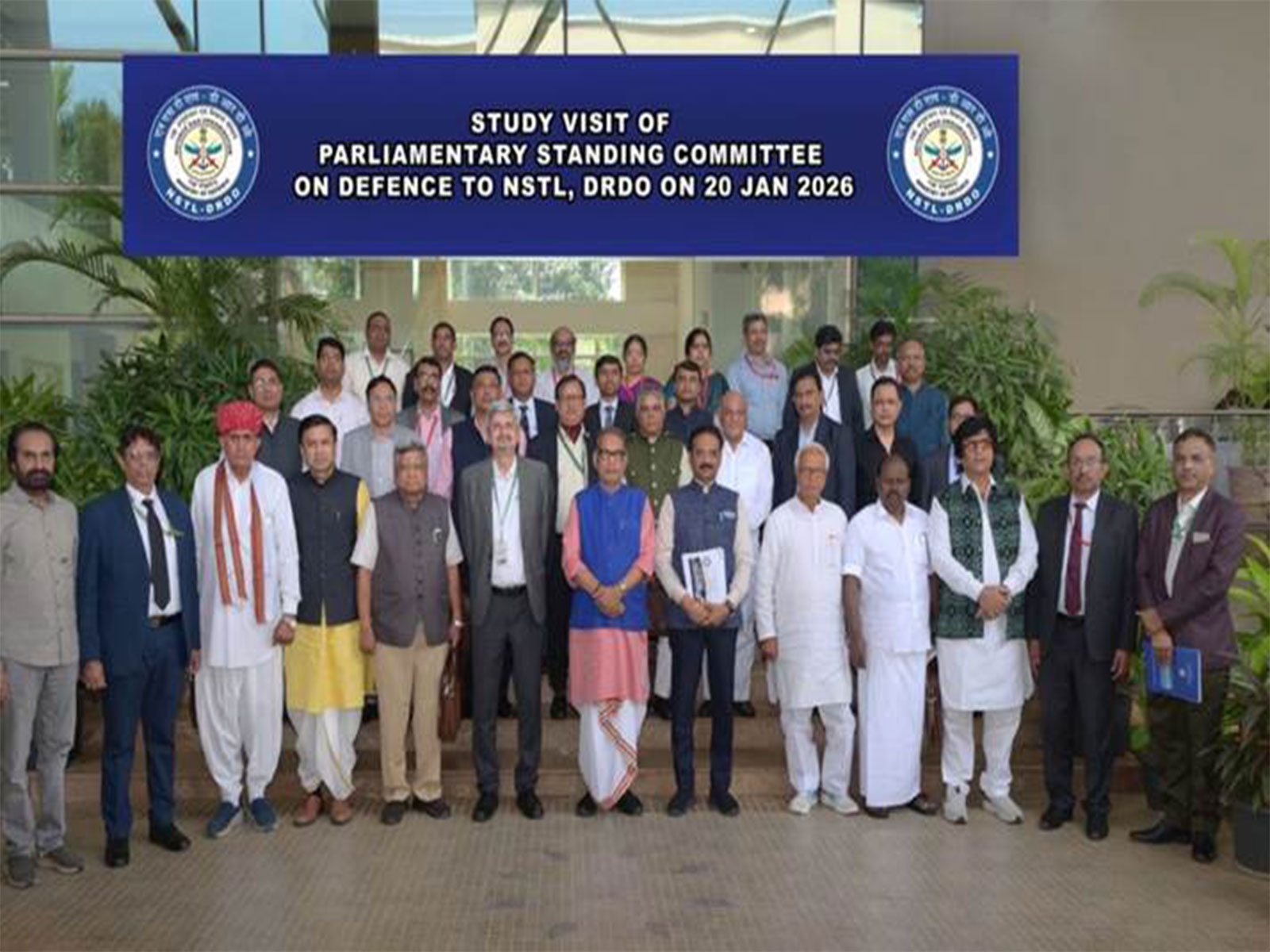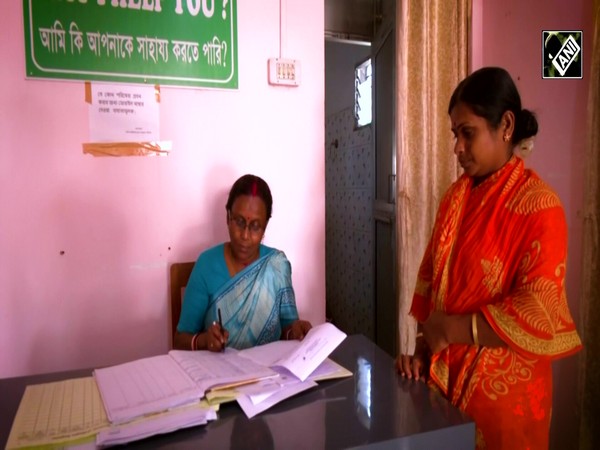Pakistan: Rawalpindi records 93 new dengue cases in one day
Oct 20, 2024

Rawalpindi [Pakistan], October 20 : Pakistan's Rawalpindi is currently experiencing a peak in dengue cases, as the city recorded 93 new positive cases in the last 24 hours, ARY News reported
The latest addition has brought the total number of dengue patients this year to 3,461.
A health department spokesperson indicated that there have been 11 fatalities linked to dengue in Rawalpindi this year.
Friday also saw an alarming increase, with 96 new cases confirmed in just 24 hours, raising the cumulative total in the city to 3,368. The Health Department noted that a total of 4,537 dengue-related cases have been registered, primarily due to the presence of dengue larvae in various locations.
In an effort to combat the outbreak, authorities have sealed 1,716 buildings where the larvae were discovered, imposing fines totalling PKR 19.85 million, reported ARY News.
Amid escalating crisis, the Deputy Commissioner has declared a dengue emergency throughout the district, revealing that patients have been diagnosed with a more dangerous strain of the dengue virus.
Emergency dengue counters have been established in hospitals, and mobile teams are being deployed to intensify efforts to eliminate dengue mosquitoes and manage the outbreak.
Dengue is a mosquito-borne viral disease that has rapidly spread globally in recent years. The virus is primarily transmitted by female mosquitoes of the Aedes aegypti species and, to a lesser extent, by Aedes albopictus.
The increasing number of dengue fever cases in Gilgit-Baltistan poses a significant challenge, exacerbated by a lack of basic necessities such as clean drinking water, proper sanitation, and insufficient healthcare services.
These issues have not only hampered adequate treatment but have also worsened the situation for local residents, ARY News reported.
Imtiaz Ahmed, a physician in Chilas, stated, "I have been working in the hospital for the past four years. There has been an outbreak of dengue, particularly in Khyber Pakhtunkhwa and Gilgit-Baltistan, with cases increasing rapidly. In our hospital alone, more than a hundred cases have been reported in just the span of two to three weeks."


















